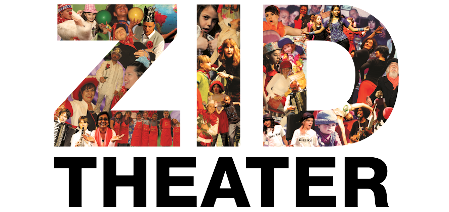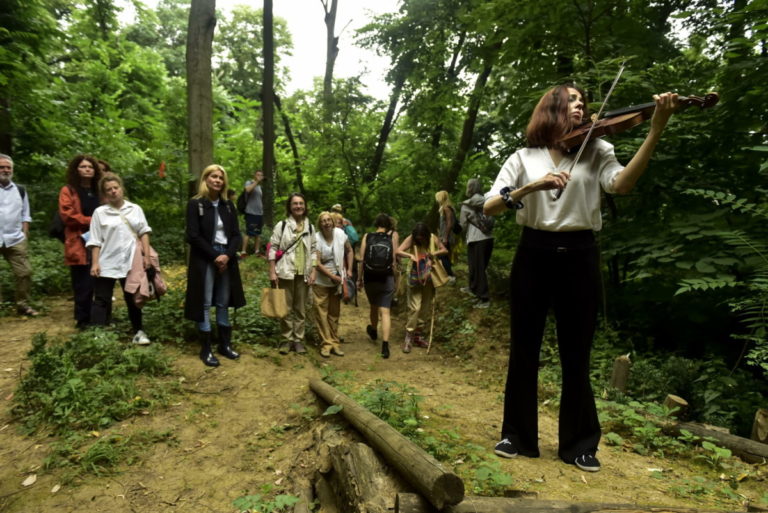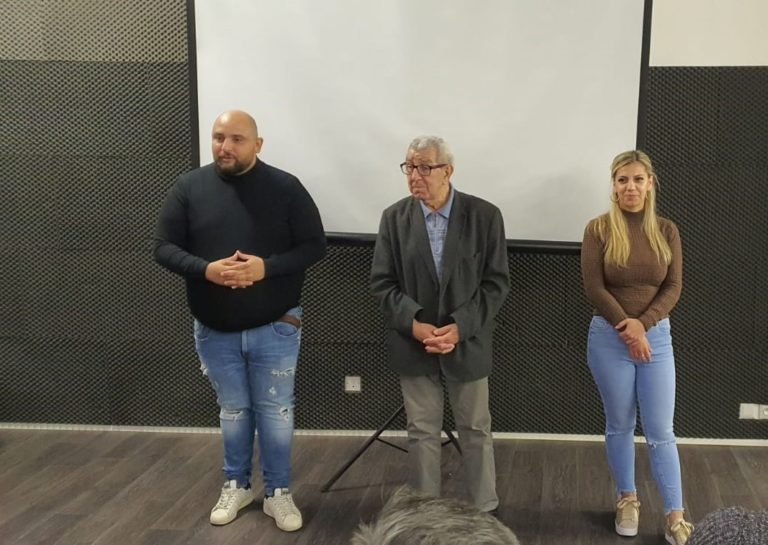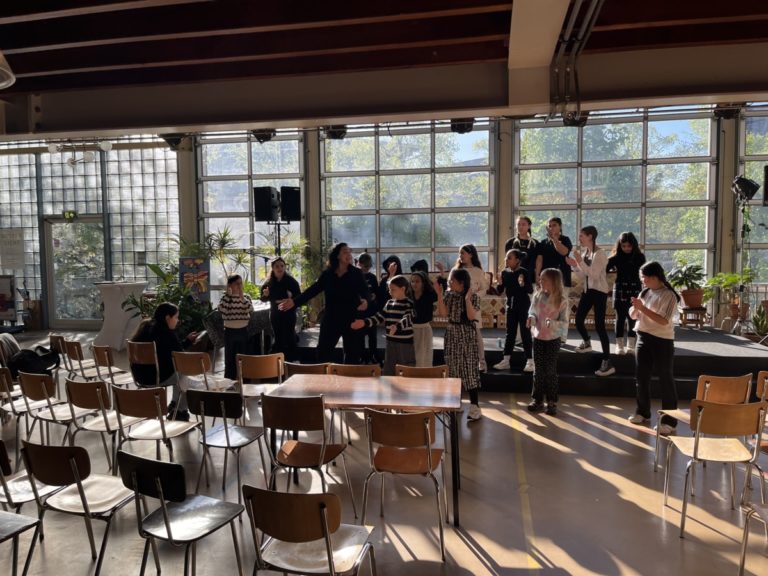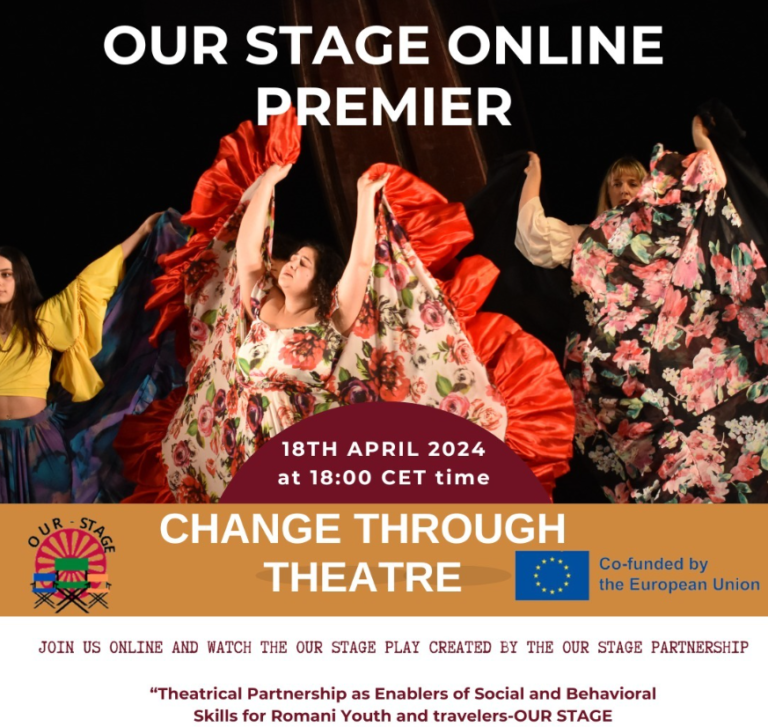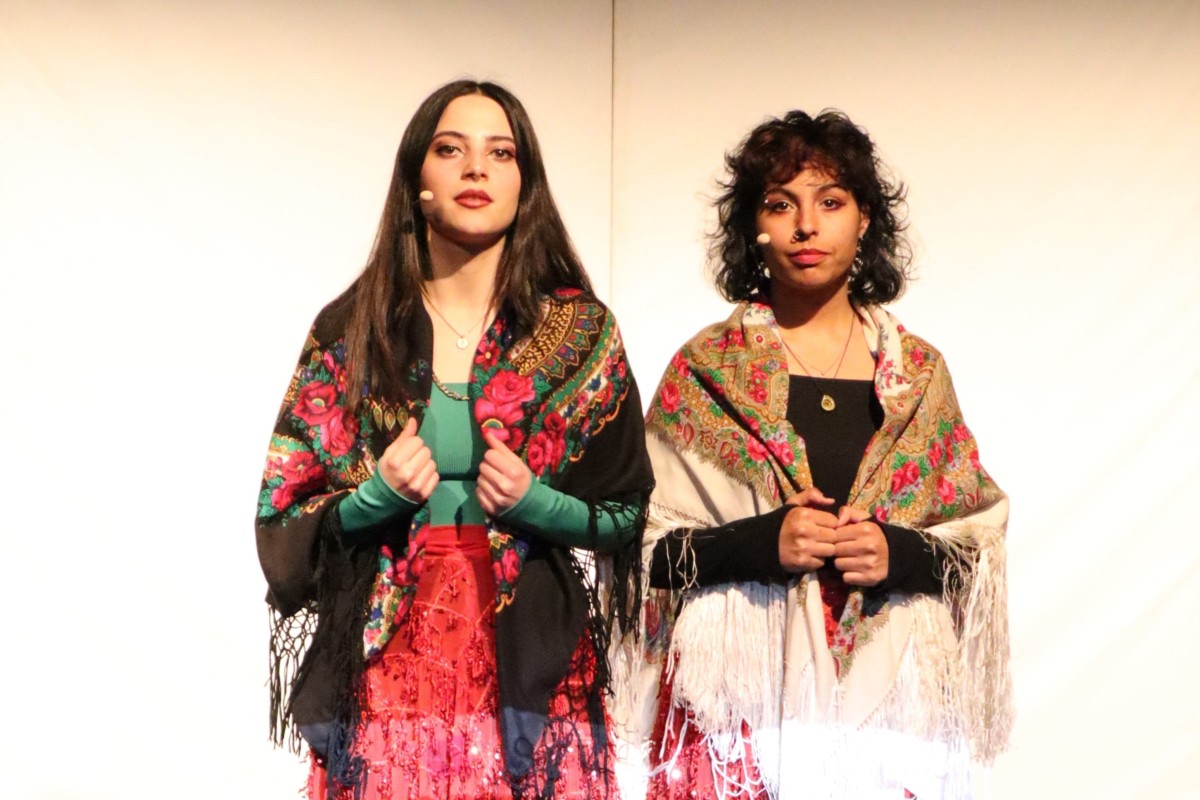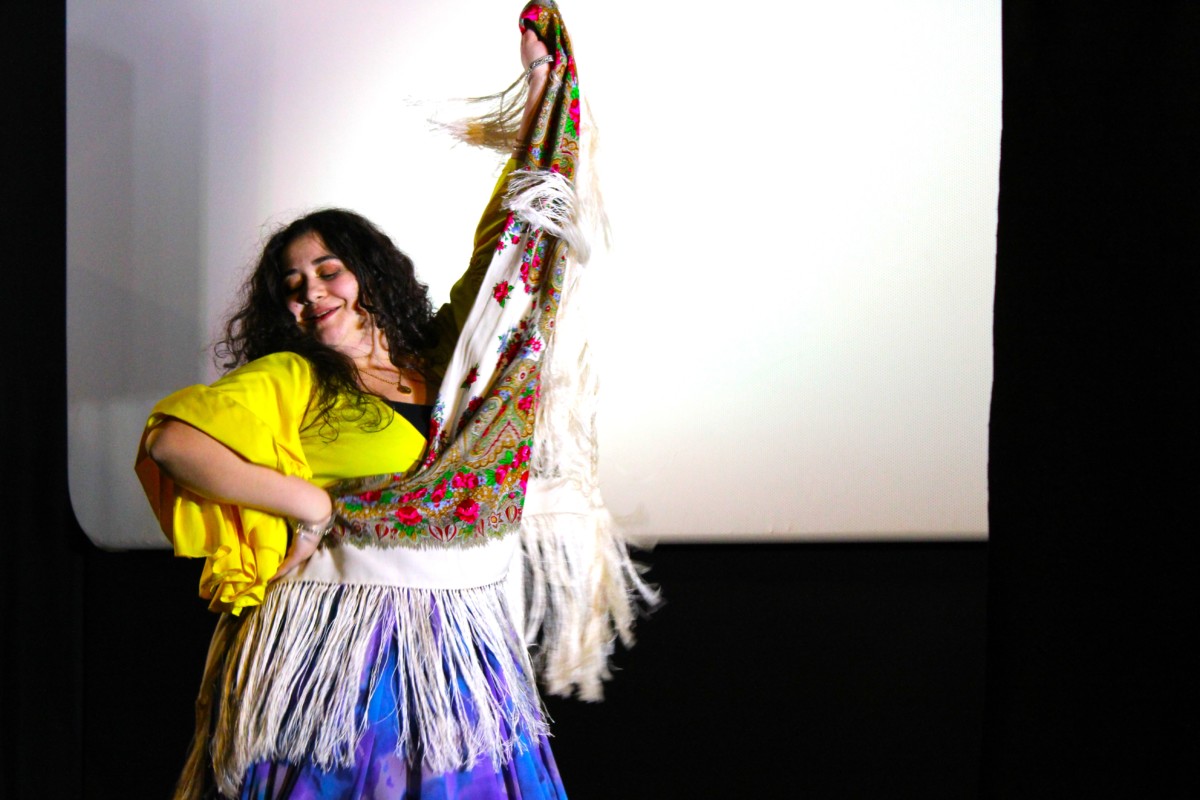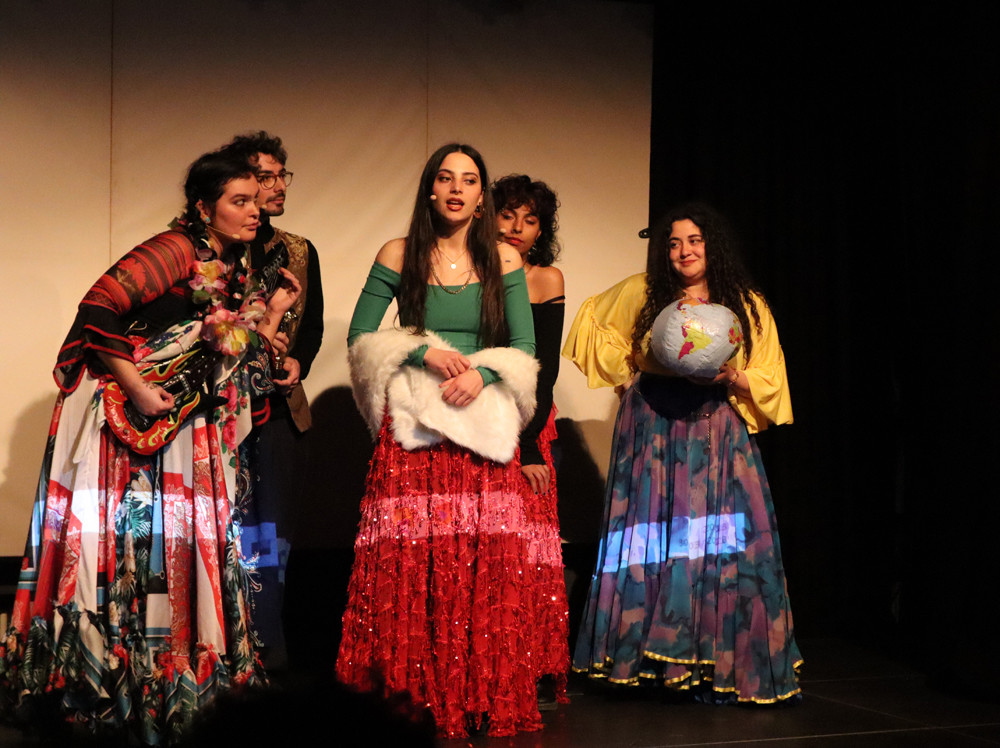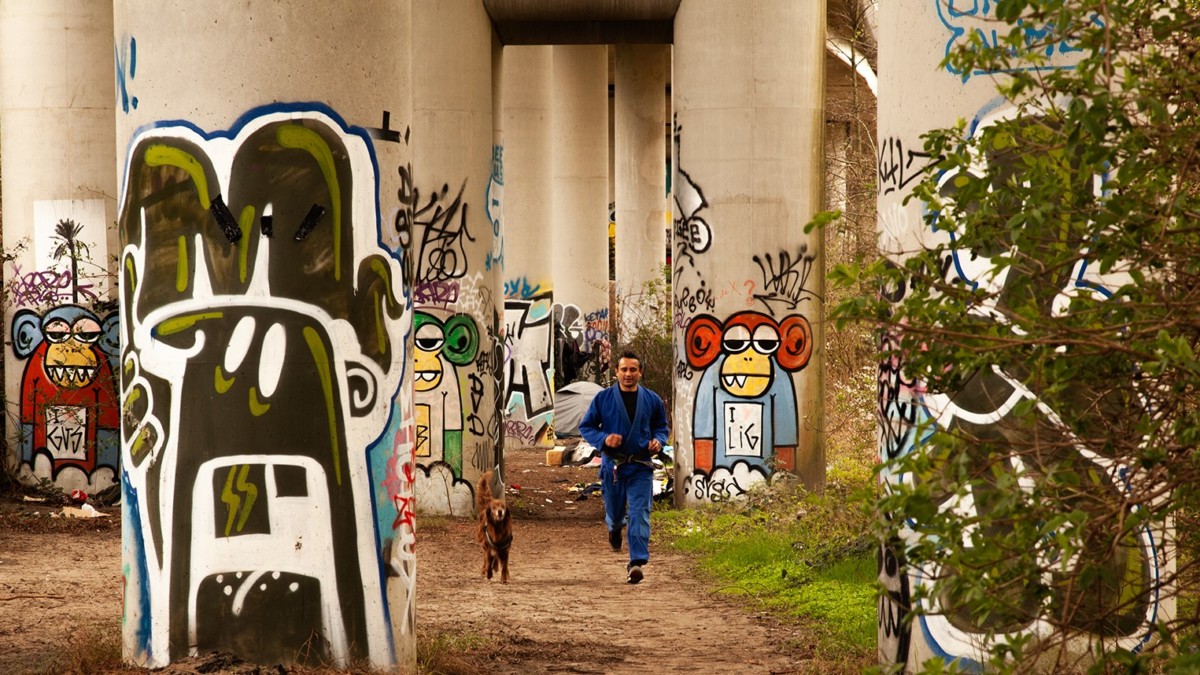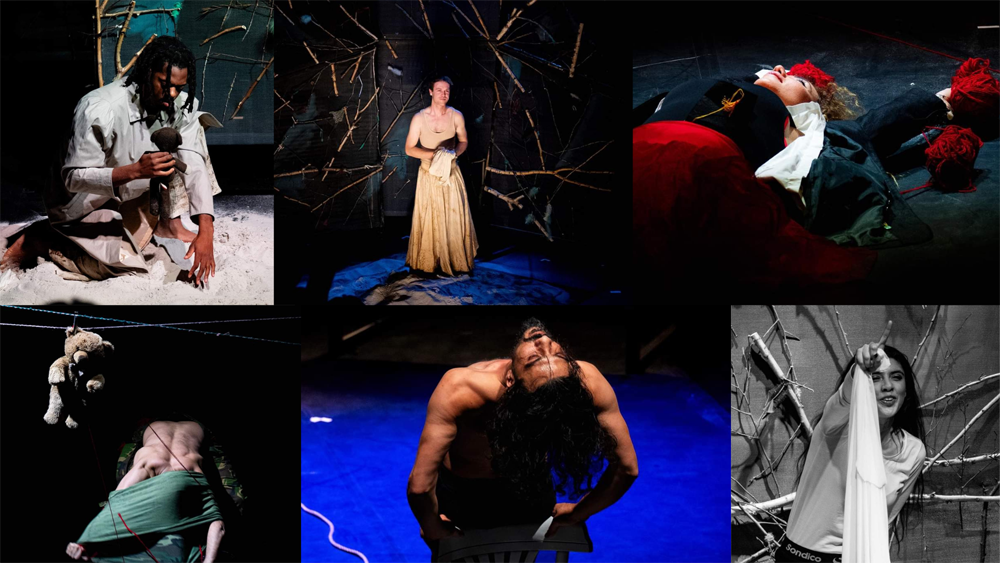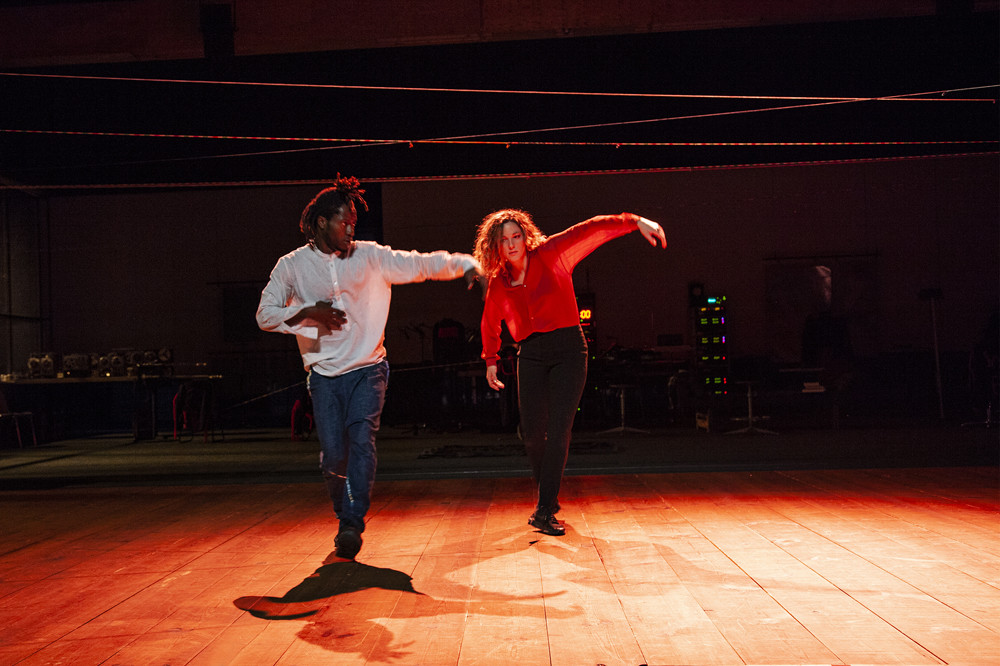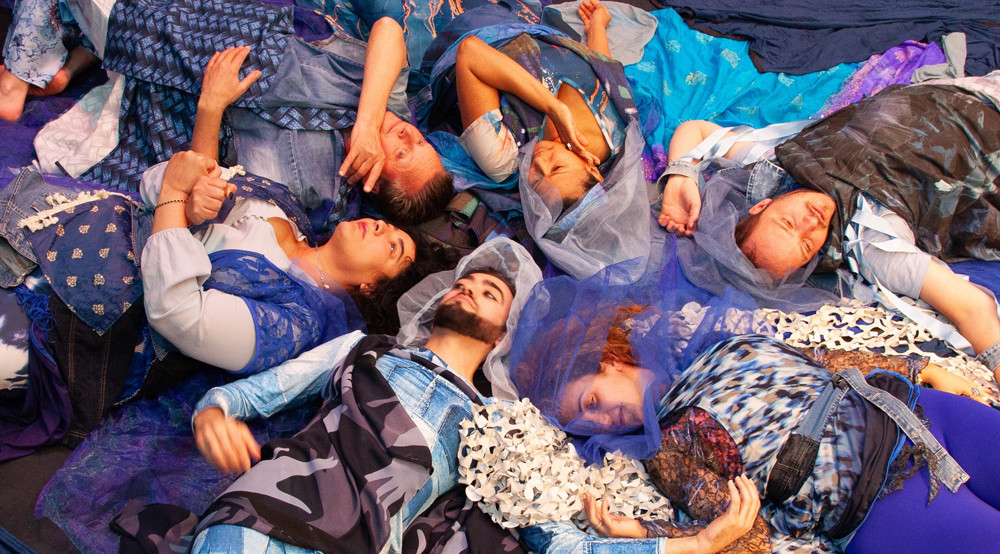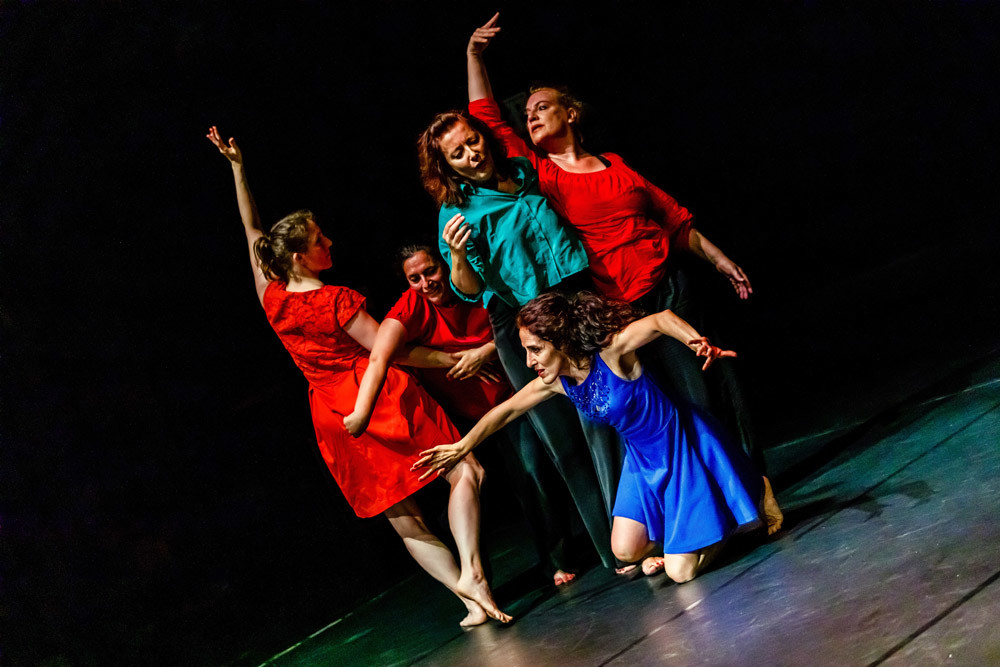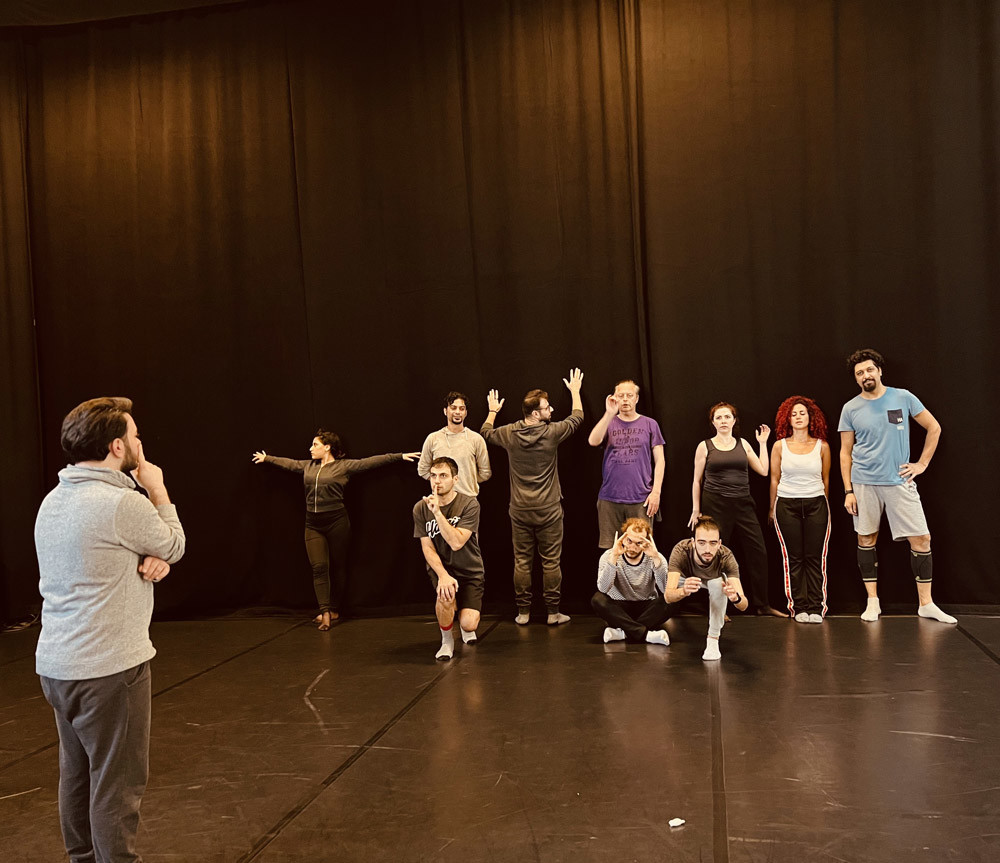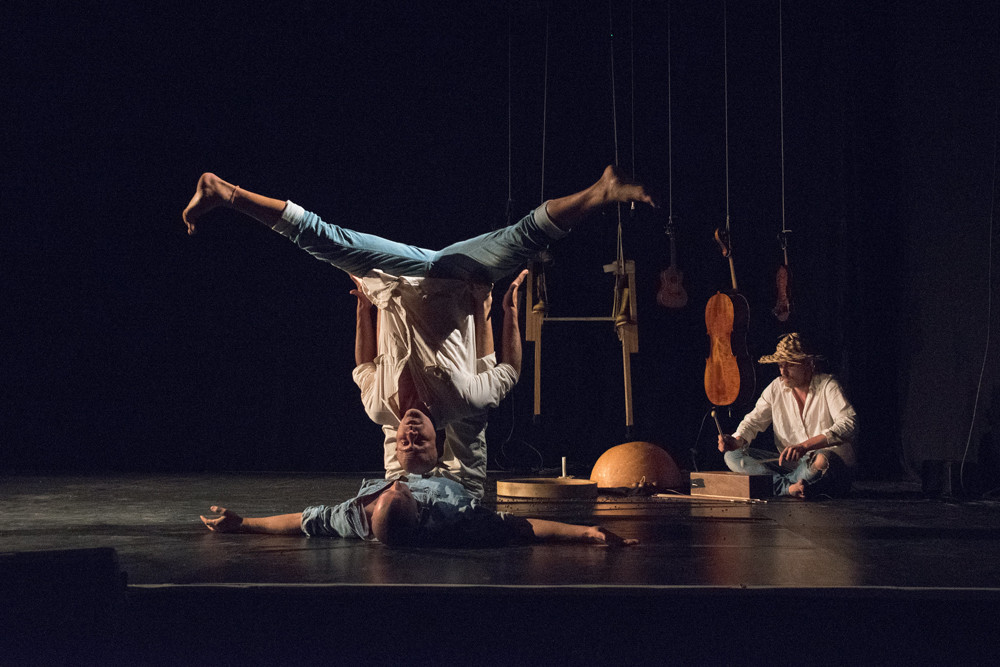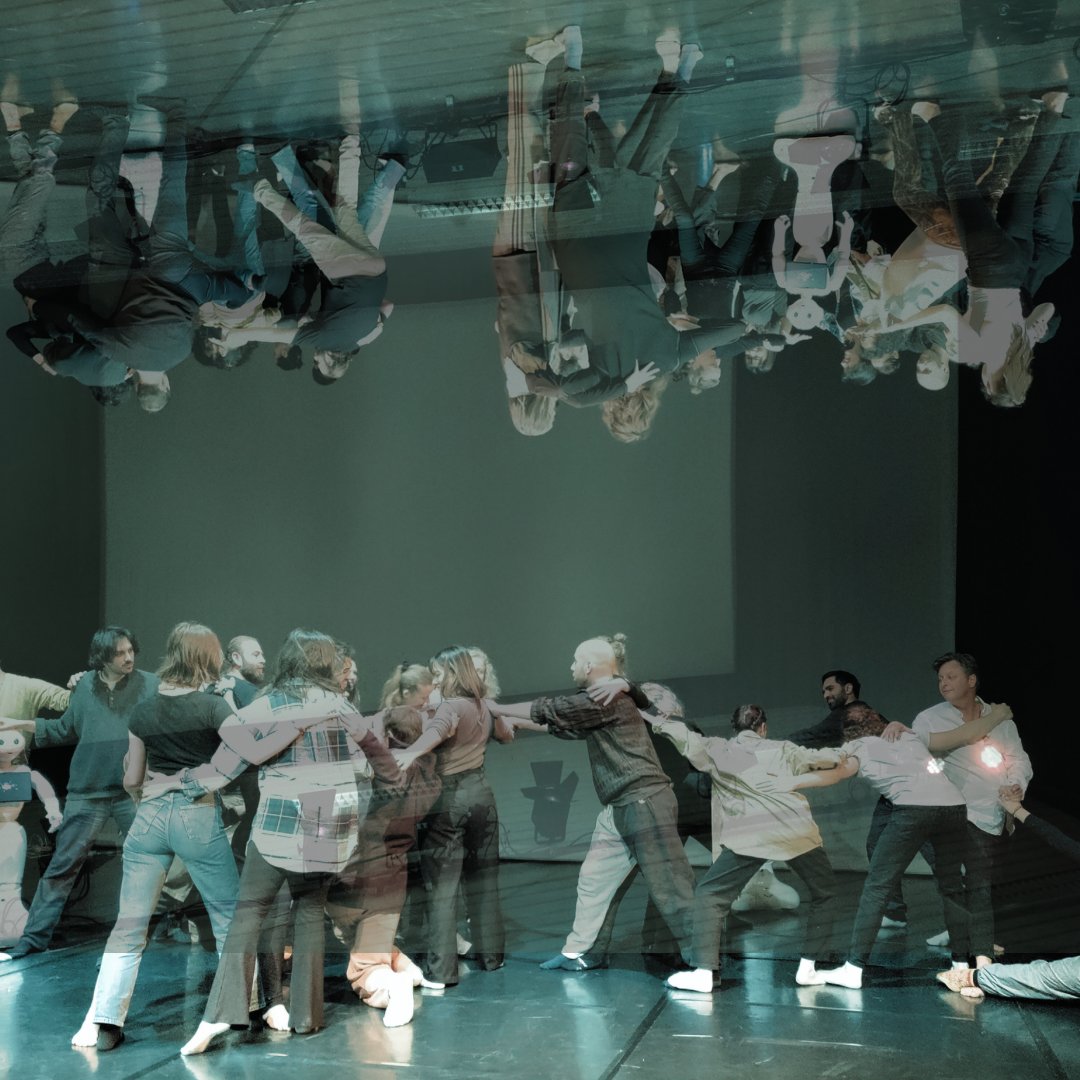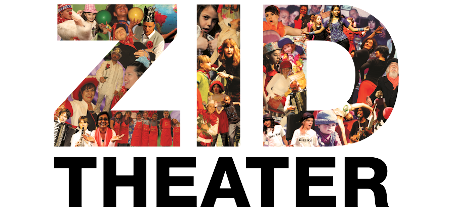
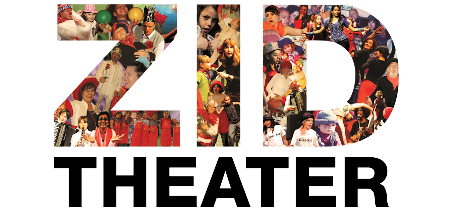
ZID Theater is een culturele organisatie, een producent en een podium in Amsterdam. ZID produceert multidisciplinaire voorstellingen en het jaarlijkse internationale ExploreZ Festival en verzorgt trainingen voor makers en performers. Talentontwikkeling en kansen creëren voor aanstormend talent met een vluchtverleden en migratieachtergrond zijn essentieel voor het werk van ZID. Het werk van ZID is diepgeworteld in de grootstedelijke dynamiek en vraagstukken. De voorstellingen komen tot stand door middel van co-creatie, zijn associatief en bestaan uit authentieke concepten van de makers. ZID werkt stedelijk, landelijk en internationaal. Naast Nederland was ZID te zien in Europa, Zuid-Amerika, Verenigde Staten, Rusland en Marokko. ZID heeft voor haar werk diverse prijzen ontvangen. In 2020 werd Karolina Spaic, directeur van ZID, benoemd met de Koninklijke Onderscheiding als Ridder in de Orde van Oranje-Nassau.
